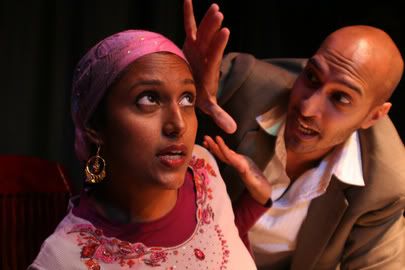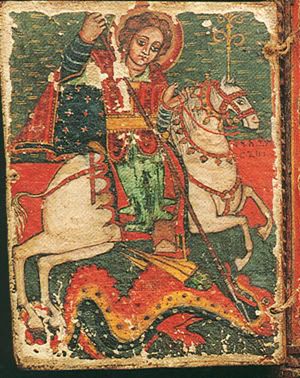 |
I meant to write about this much sooner, but better late than never. At least, in the case of Islam and Muslims, we need to diligently record the events, however small and inconsequential they may seem, because as a collective whole, they do matter a great deal.
This past summer, Mississauga, the biggest (and most multicultural) suburb of Toronto, held a its annual Muslimfest, a two day cultural event on Muslims and Islam. Muslimfest was held during the weekend of July 31-August 1, 2010. The event was even publicized in the Ontario's tourism site, since it has now become something of an anticipated yearly event. Here is the Muslimfest website, listing all the programs for the weekend.
Within this program, the city's theater crowd was able to watch a Muslim play, The Domestic Crusaders, describing how Muslims in the West - mostly in Canada and the U.S. - are dealing with post-9/11 Muslim stereotypes - terrorists, suicide bombers, and so on. Wikipedia writes this synopsis on the play:
With a pulse on the tense, militarized and fear-driven political and social evolution of American society following 9/11, six members of a Muslim Pakistani American family, spanning three generations, reunite at the family home to celebrate the youngest son's 21st birthday. Each individual family member, or "domestic crusader," attempts to assert his or her individual definition of self and destiny in the face of collective family and societal constraints, fears and misunderstandings.The Toronto Star also has a glowing review (as well as describing other glowing reviews) of the play.
One final note. The title itself is pretty aggressive. Muslim crusaders have as their mission to spread Islam around the world, if necessary through armed Jihad. The Domestic Crusaders, referring to Muslims within a particular nation usually in the West, surely means that these Muslims are just as determined to spread their religion within the nation that they reside - and once again through armed conflict if necessary.
As always, Muslims have to be honest about their goals (if they follow the Koran). The problem is that we just don't listen (or believe them).

